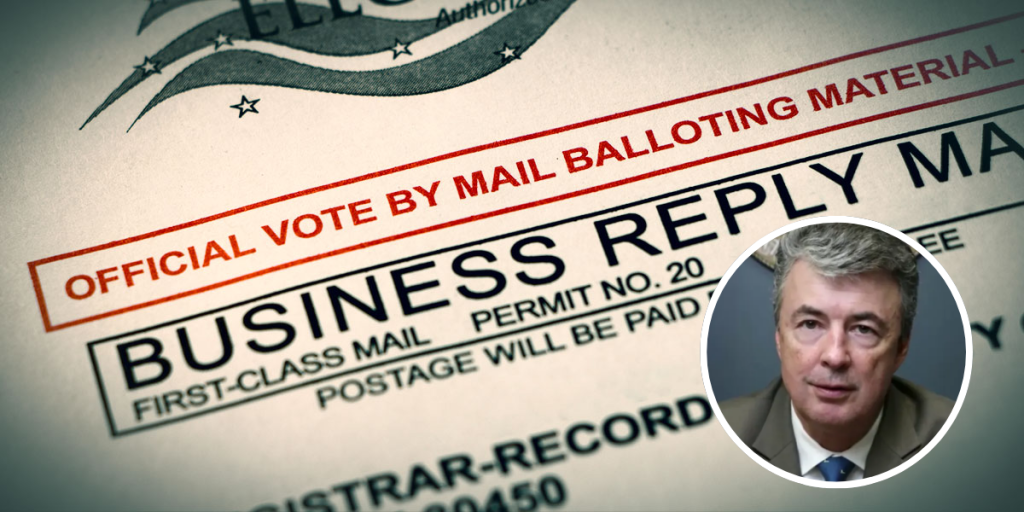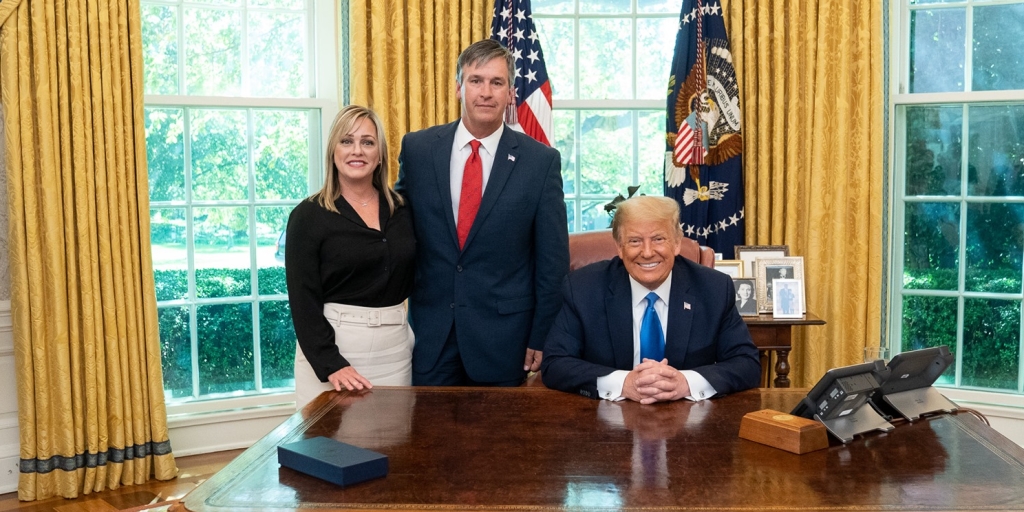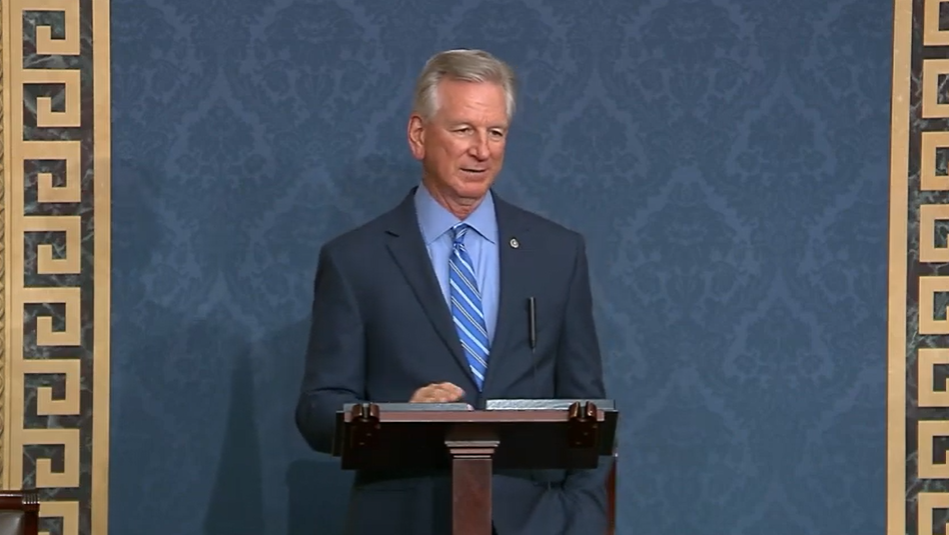Last year marked one of the most raucous and wild political seasons in recent memory. The candidacy and now administration of Donald J. Trump gobbled up all the oxygen in political debate and coverage, leaving a number of crucial local issues virtually untouched. One of those issues is the absurd debate over whether or not Alabamians have the right to play online fantasy sporst. While it is certainly no debate over ObamaCare, at the heart of the issue is government’s fundamental ability to interfere with an individual’s personal choice.
Fantasy sports have been around for more than 30 years, and games are now played by over 57 million Americans. Its popularity has recently skyrocketed due to evolving technology, and fantasy sports are now embedded in the fabric of the fan experience.
It is frankly hard for even the casual sports fan to escape the topic of fantasy sports. It is the subject of daily conversation on sports radio, pre-game shows, social media, and even discussions at the office or while out with friends.
But when a pie gets too big, the government always has to grab a slice. Or, if it feels like the pie is too unhealthy, the government will just ban it entirely. As President Regan once artfully said, “If it moves, tax it. If it keeps moving, regulate it. And if it stops moving, subsidize it.”
The movement against fantasy sports started in New York City – home of the giant soda ban – with an incredibly liberal, intrusive attempt to ban forms of fantasy sports. Nanny-state fever soon spread across the country, with ten states now effectively barring forms of fantasy sports contests.
Surprisingly, this liberal virus has infected Alabama, too. Last April, then-Attorney General Luther Strange (R-Ala.) issued a cease and desist order to the two major daily fantasy sports companies, FanDuel and DraftKings, and each company was subsequently forced to ban Alabama residents from playing.
Strange and other opponents of fantasy sports argue it should be banned because it is classified by state law as gambling. Sure, a sophomoric review might lead to that conclusion. However, a deeper, more rigorous look shows it is clearly not gambling.
According to the law, gambling is placing a bet on an event where winning requires a significant degree of luck. The player may have some control, like asking the black jack dealer to hit another card, but the outcome in such games is largely based on chance. But this is not true for fantasy sports; they are contests of skill. Time and time again, the better, more dedicated players win because skill, knowledge, and effort are the determining factors for success. The harder a player works, the better the chance of success.
Participating in fantasy sports is one of the few unadulterated meritocracies around. There are no handouts, no advantages given based on demographics, and no advantages for the privileged or insiders. All the data is public, and those who work the hardest generally win.
On a much smaller level, reasons for success in fantasy sports are much like the reasons some professional coaches and General Managers are successful, and others aren’t. A large portion of the job relies on the ability to evaluate prospects based on publicly available information, predict how they will perform in the future, and decide if they wants to bring the player to their roster. They then choose which players will bring the greatest chance of success each week and put them in a position to best help the team. The coaches and GM’s cannot throw the ball, block, or tackle for them, but they make the choices to put them in a position to succeed.
This is effectively what a fantasy sports player does in each contest.
So, is head coach or GM of any team gambling each time their team trots out onto the field? Any reasonable person knows that such a claim is preposterous. But the logic of the former Attorney General naturally leads to this ludicrous conclusion.
But you don’t have to take my word for it. Just ask those who are actually in the business of running a sports team. Mark Cuban, championship-winning owner of the NBA’s Dallas Mavericks agrees that their are uncanny similarities between real and fantasy sports. He recently said his team manages “the Mavericks in the same way that most sophisticated people play daily fantasy sports — they collect the data, analyze it and make predictions about what it means. We succeed in the same way fantasy players succeed…by making accurate predictions. We scout, test, research and execute; it’s not that different than your typical daily fantasy player.”
This lunacy could end if the government would just get out of the way and let people make their own choices.
Currently, a bill is moving in the legislature that would rectify the situation. The legislation would ensure no one can ever take fantasy sports away from the Yellowhammer State and install some basic parameters fantasy sports companies must meet, in order to ensure fair play. Ten states passed similar laws last year.
At the end of the day, this is not a fight about a silly game; it is a fight for bedrock conservative principles. Conservatives have long stood for decreasing regulation, limiting government, and empowering the individual to live his or her own life. It is no different here.
But there are not just ideological benefits to supporting fantasy sports. There are also tangible political rewards for politicians who make the right call on this issue. Fantasy sports games were played by nearly one million Alabamans prior to Strange’s ban, according to the Fantasy Sports Trade Association. The players are overwhelmingly male, ages 18-40, make over $50,000 per year, own a home, and love sports. That sure sounds like a giant block of GOP primary voters. So those Republican legislators that plan to vote against deregulation ought to tread lightly.
It is time to send a message that such government meddling is unacceptable. Let the people play.
[socialpoll id=”2437231″]













